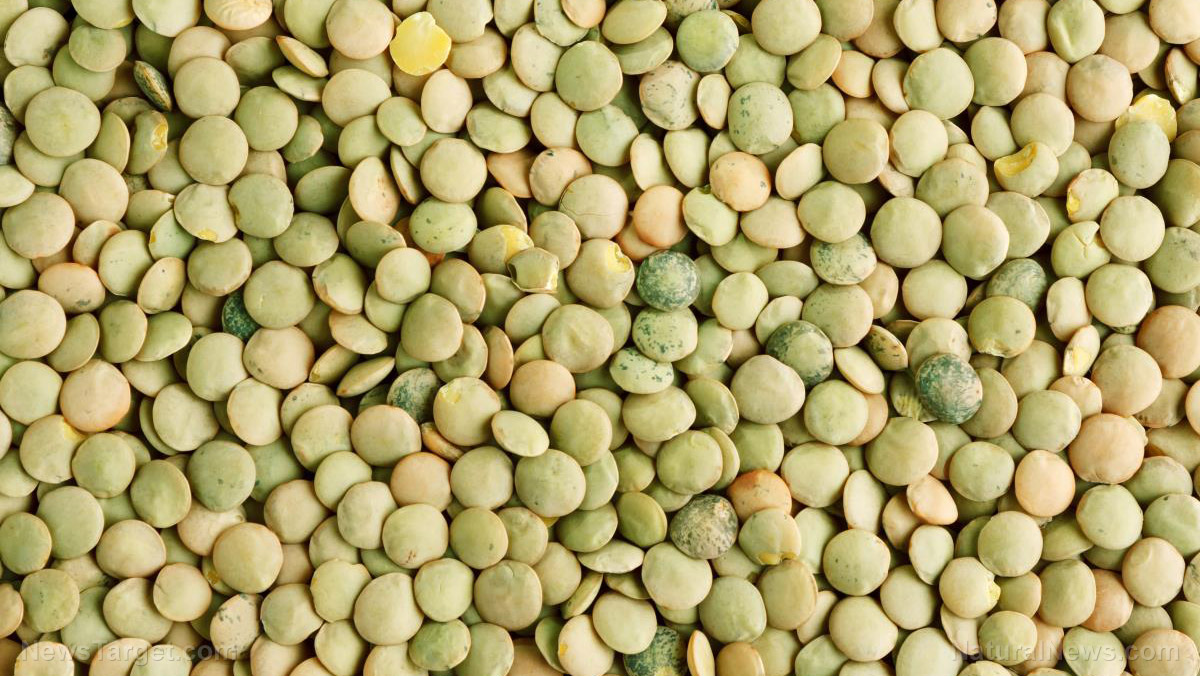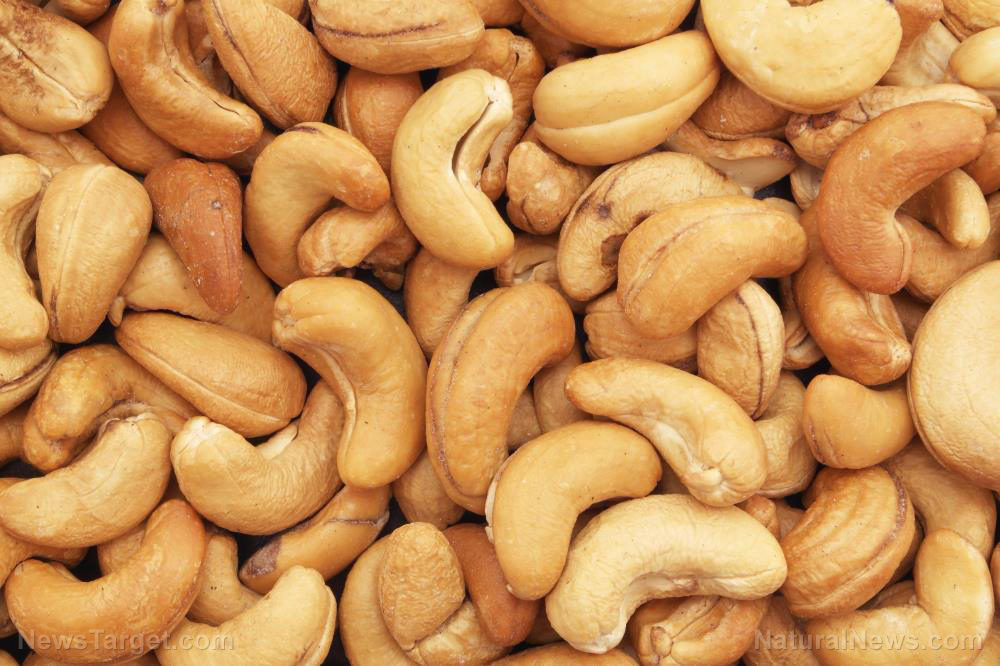Clean your colon: Eating fiber helps prevent colon cancer, and lowers death risk of colon cancer survivors
12/28/2017 / By Rita Winters

Fiber consumption has many health benefits, including regularizing your bowel movements and cleaning out your colon. A study published on JAMA Oncology found that high fiber consumption is associated with lower risks of death from non-metastatic colorectal cancer (CRC).
The study included 1,575 health professionals from the Nurses’ Health Study and Health Professionals Follow-up Study who were diagnosed with different stages of colorectal cancer, ranging from stage I to III. Of the total population of the study, 61.1 percent were women, and the mean age was 68.6 years. Data collected over the course of eight years documented 773 deaths, 174 of which were caused by CRC. The study was conducted by Mingyang Song, Kana Wu, and Jeffrey A. Meyerhardt, among others.
Colorectal cancer is a type of cancer that begins in the colon or the rectum. It begins as a growth in the inner lining of large intestines. There are two types of growths, or polyps, which are adenomatous polyps and hyperplastic polyps. Adenomatous polyps change into cancer over the course of several years. Colorectal cancer starts in the innermost layer of the colon (mucosa) and can grow outward to the other layers. This type of cancer can travel to other parts of the body (metastatic) through blood vessels or lymph vessels, and cause other types of cancer.
The study found that individuals with non-metastatic colorectal cancer who consumed more fibrous foods such as cereals and whole grain had a lower chance of death as a result of colorectal cancer as well as overall mortality. Patients who increased their fiber intake (from a lower intake or none at all) improved their chances of survival as compared to those who did not make any changes in their dietary habits.
Increasing the consumption of high-fiber foods may reduce the possibility of developing colorectal cancer or reduce the chances of dying from it. Fiber-rich foods that may help with this include split peas, lentils, black beans, lima beans, artichokes, peas, broccoli, Brussels sprouts, raspberries, blackberries, avocados, pears, bran flakes, whole wheat pasta, and oatmeal.
Facts on colorectal cancer
- Colorectal cancer, or CRC, is the second leading cause of cancer death among men and women combined.
- Symptoms of pre-colorectal cancer include a change in bowel habits (such as frequency of diarrhea or constipation), rectal bleeding or blood in stool, frequent abdominal discomfort, weakness or fatigue, and unexplained weight loss.
- Colorectal cancer causes are unknown, but it might be inherited or caused by unhealthy dietary habits. Risk behaviors such as smoking and excessive alcohol drinking may also increase the chances of developing colorectal cancer and other types of cancer.
- There are an estimated 135,430 new cases of colorectal cancer this year, and diagnosis rates may increase over time.
- Almost 60 percent of colorectal cancer deaths could be prevented with screening. However, one in three people are not up-to-date with colorectal cancer screening, and 23 million people have not been screened for colorectal cancer.
There have been many studies on cancer, and most studies find that adjusting the patients’ diet decreases the impact of its symptoms and even gets rid of cancer itself. Lifestyle changes must be considered when treating cancer, besides medication. Individuals who have higher risks of cancer (family history) should take steps to eat a variety of fruits, vegetables, and whole grains; drink alcohol in moderation, if at all; stop smoking; exercise regularly; and, maintain a healthy weight and body mass index.
Sources include:
Tagged Under: cancer, colon cancer, Colorectal Cancer, CRC, fiber, fiber-rich foods, fibrous foods, high-fiber foods, rectal cancer




















